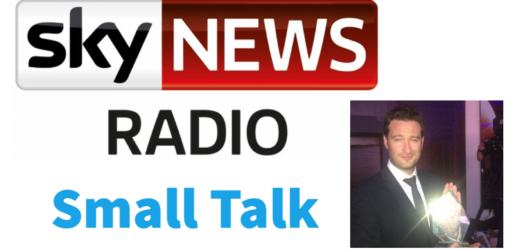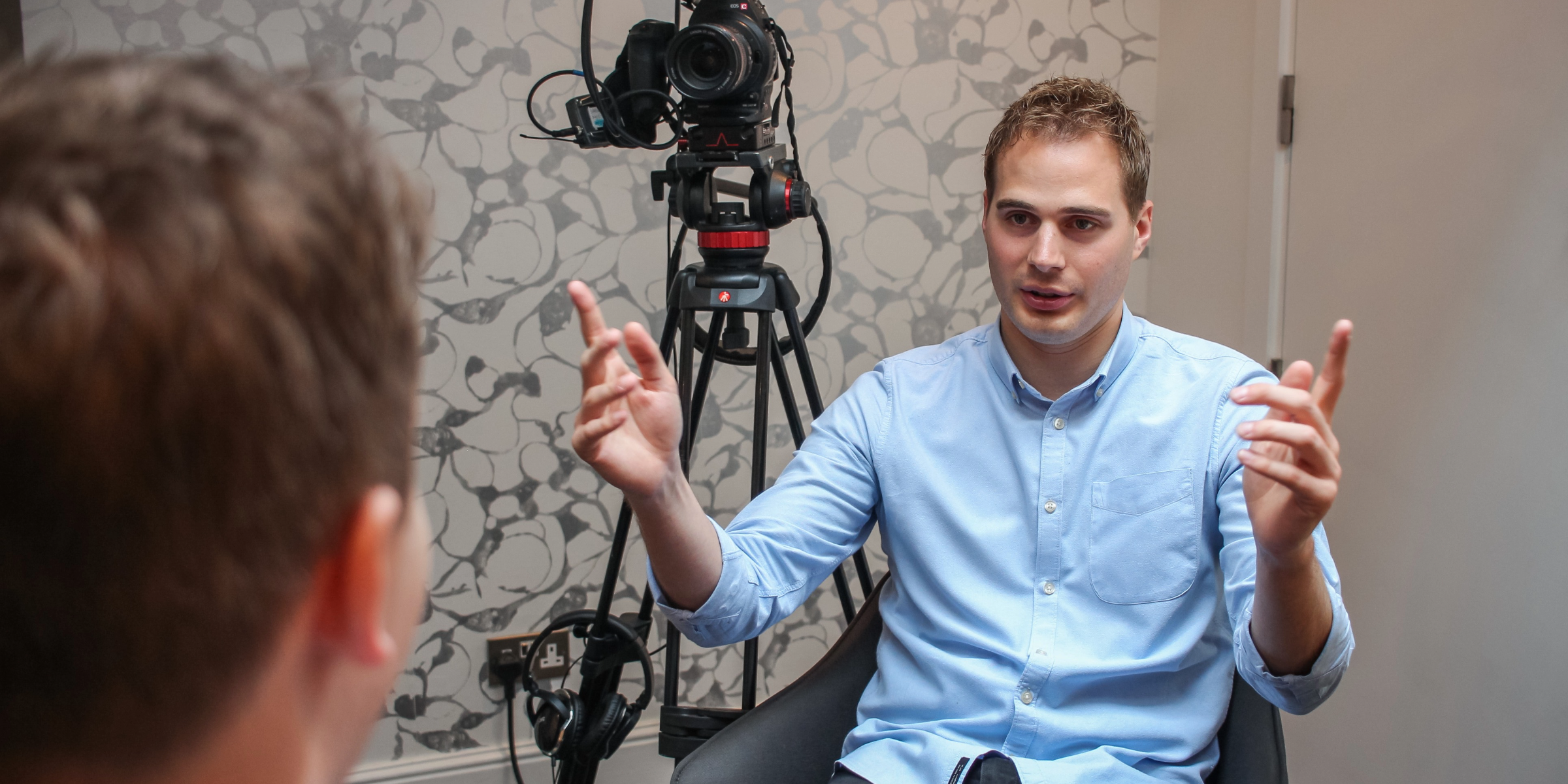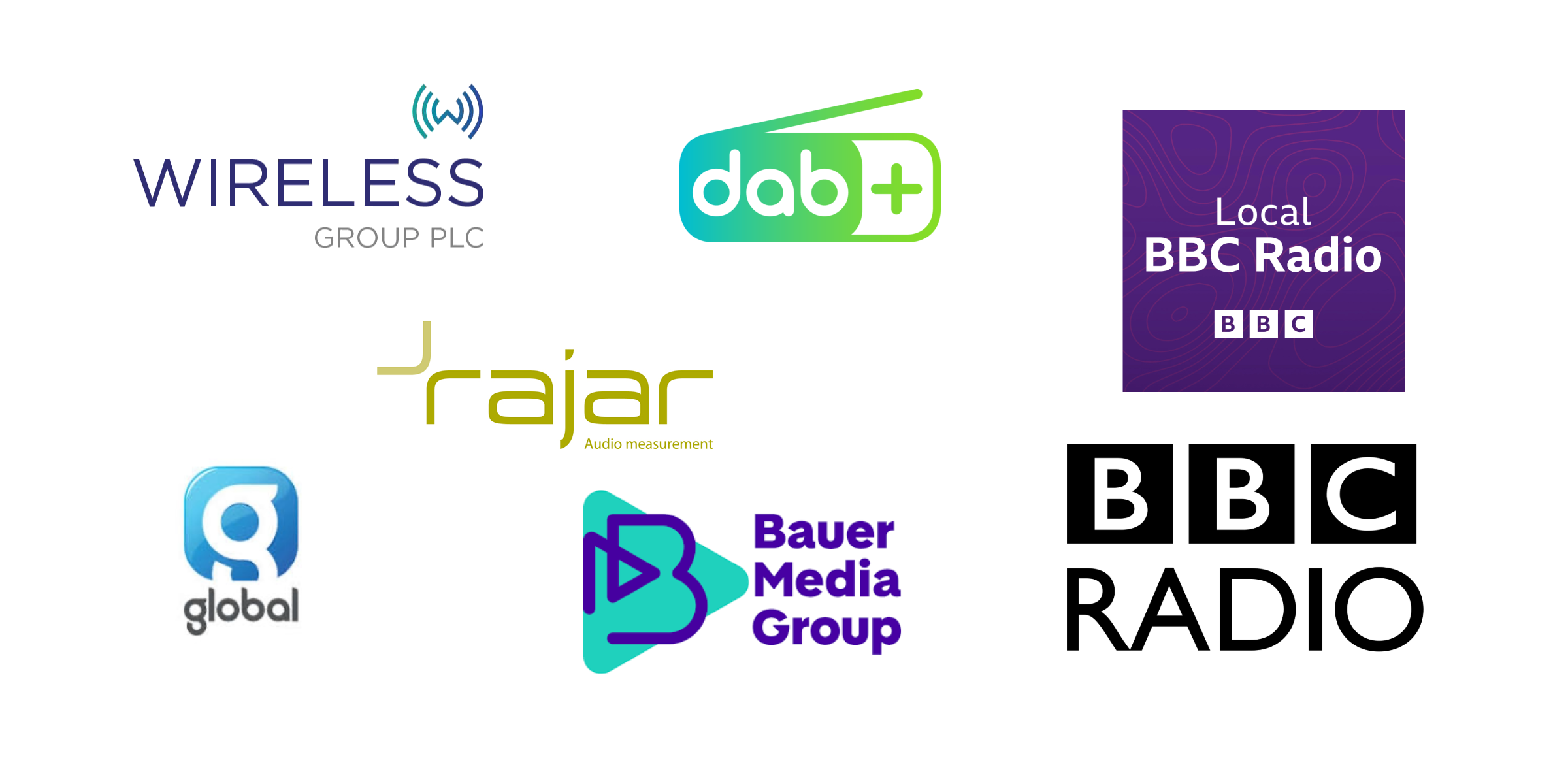As heard by Shout! Communications broadcast consultant Carl Hughes.
Our most recent speaker in our on-going series of Small Talks, was Dave Terris, Head of Radio and Audio at Sky News Radio. He’s also Editor of IRN (Independent Radio News), a service which provides national and international news to the UK’s commercial radio network.
This network is made up of some of the biggest commercial radio stations in the country such as Heart, Capital, Talk Radio and LBC. Between them they offer a potential audience of 36 million listeners. These stations rely on Dave’s team to supplement the stories they cover on a local level. Sky News Radio provides ready-made 2-minute news bulletins on the hour, audio clips and scripts to newsrooms and journalists around the country.
Podcasts are part of his remit
Dave also leads an ever-growing podcast team, the longform documentaries unit and oversees on-demand audio, providing daily bulletins for smart speakers. Finally, he’s part of the senior management team. This involves him working alongside the head of TV and digital output. He’s one busy man!
So, in order to attract his and his teams attention, PR professionals need to ensure they are pitching the right kinds of stories at the right times.
What do Sky News look for in Broadcast PR Stories?
If there was one word to sum up the sort of broadcast PR stories Sky News looks for, it would be ‘diverse’. When you think about it, the UK commercial radio network consists of a very broad mix of stations, catering for an equally broad range of audiences. Be it Heart, targeted at the 25–44-year-old female, Capital for the 15-35s or Greatest Hits Radio for 25–60-year-olds, there really is something for everyone. As a result, the Sky News radio team are constantly seeking a broad mix of stories – great news for the world of broadcast PR. As with TV, Sky News Radio seeks to add light and shade to their output, so not every story has to be hard-hitting. The quirky, funny, and unusual are very much welcome.
That said, Dave reminded us it is a competitive time for brands to get on-air right now, as the pandemic has created a ‘golden age’ for news consumption. With that in mind, it’s important to remember Sky does not want stories that are adverts in their news. Instead, they want original journalism, great research, and if it’s content that has the potential to go viral on their digital platforms even better.
The ingredients of a good radio story
When pitching research, they prefer a minimum sample base of 2000 people. And Dave says, a big-name spokesperson will always get you to the front of the queue. For business stories, for example, they don’t want the head of marketing, rather, the CEO. Equally, for consumer stories, a celebrity spokesperson or a professional in the field is likely to pique interest over a corporate voice. If there isn’t scope for this, consider case studies as audiences love them. Human interest stories make up a huge portion of Sky’s news output. So offer up real people who can talk about how they experienced the messages in your story.
How has the Pandemic Changed the way Broadcast Producers Operate?
As with most organisations, the COVID-19 pandemic has greatly impacted day to day operations at Sky News. At the moment, Dave still only goes into the studios once a week. For the rest of the time, he carries out his duties remotely.
He notes that even though he prefers talking to people face-to-face, remote interviews, such as those offered in our remote radio days have been a lifeline throughout the pandemic. More and more people have adapted to communicating through IP (Zoom, Skype, Microsoft Teams). This is better-quality interview than a phone line. Combined with reduced cost and the imminent phasing out of ISDN lines, Dave believes remote interviews are here to stay.
The pandemic has also affected when, how and where radio audiences listen. With so many more people working from home, and no longer commuting to an office, some audiences are getting up and starting work later in the day. That said, the peak of morning listening is still at 8am.
The bar therefore is high to get a story on Sky News, but the rewards, in particular in terms of audience reach, are great.



